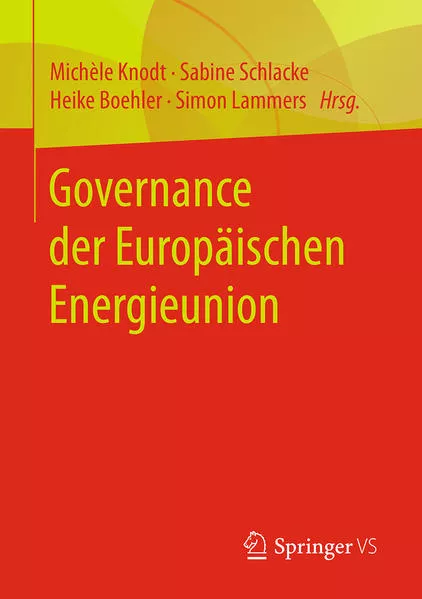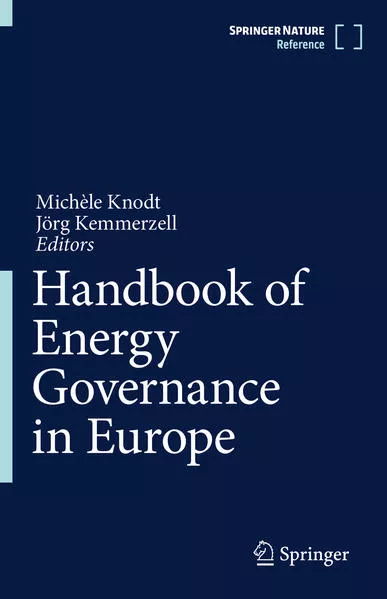
- Publikationen ca: 3
- Gefolgt von 1 Nutzern
- Fragen & Antworten
Knodt, Michèle
Michèle Knodt is Professor of Political Science, Jean Monnet Chair (ad personam) and Director of the Jean Monnet Centre of Excellence ‘EU in Global Dialogue’ (CEDI), Director of the Jean Monnet Centre of Excellence ‘EU@School’, Chair of the COST Network ENTER (EU Foreign Policy Facing New Realities), Co-leader of the Loewe-Excellence Centre ‘emergenCITY’, Co-leader of the DFG Research Training Group ‘Critical Infrastructures’, PI in the Kopernikus Project ‘Ariadne – Evidence-Based Assessment for the Design of the German Energy System Transformation’, and leader of smaller cooperative and interdisciplinary projects. She has published widely on the EU, is especially interested in energy and climate governance and has received research grants from the German Federal Ministry of Education and Research (BMBF), German Federal Ministry of Economic Affairs and Energy (BMWi), the German Research Council (DFG), the Volkswagen Foundation and the European Commission.Jörg Kemmerzell received his Ph.D. in Political Science from the Technical University of Darmstadt, Germany, in 2007. His research interests include energy and climate policy in multilevel systems, comparative politics and methods, and applied theory of democracy. He has published over 50 journal articles, books, and book chapters mostly on energy and climate policy and related topics. After finishing his Ph.D., Jörg Kemmerzell worked as a researcher and lecturer in Political Science at the Technical University of Darmstadt and the University of Hildesheim (Germany). Since 2012, he was a senior researcher in four research projects of the German Research Council (DFG) and the German Federal Ministry of Education and Research (BMBF), focusing on climate policy of cities and the assessment of the German energy transition. He worked also as a consultant for research communication. Since 2021, he is a senior lecturer in Political Science at the Technical University of Darmstadt and a research associate in the Kopernikus project ’Ariadne – Evidence-Based Assessment for the Design of the German Energy System Transformation’.

Governance der Europäischen Energieunion
Nach dem Beschluss des Europäischen Rates im Jahr 2014, im Rahmen der Energiepolitik für die Mitgliedstaaten eine größtmögliche Souveränität und Flexibilität zu wahren, und nach dem von der Europäischen Union im Jahr 2015 unterzeichneten Pariser Übereinkommen hat die EU ein Governance-System für eine Europäische Energieunion vorgeschlagen.

Governance der Europäischen Energieunion
Nach dem Beschluss des Europäischen Rates im Jahr 2014, im Rahmen der Energiepolitik für die Mitgliedstaaten eine größtmögliche Souveränität und Flexibilität zu wahren, und nach dem von der Europäischen Union im Jahr 2015 unterzeichneten Pariser Übereinkommen hat die EU ein Governance-System für eine Europäische Energieunion vorgeschlagen.

Handbook of Energy Governance in Europe
This Handbook provides the most comprehensive account of energy governance in Europe, examining both energy governance at the European level and the development of energy policy in 30 European countries. Authored by leading scholars, the first part of the book offers a broad overview of the topics of energy research, including theories of energy transitions, strategies and norms of energy policy, governance instruments in the field, and challenges of energy governance.